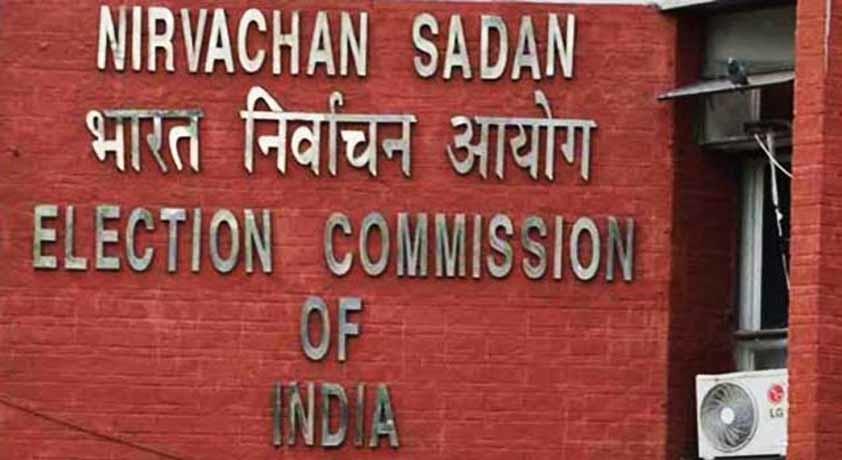Barring Former Convicts from Political Participation

The PIL in the Supreme Court which seeks to bar persons with criminal records from participating in politics was heard on March 26. The Supreme Court will finally dispose the matter on May 3. This position that a person with a criminal record should be barred from participating in politics is an emotional response to an existing problem. The PIL seeks to empower the Election Commission of India to derecognise political parties that have persons with criminal records holding office within the parties. The Representation of the People’s Act, 1951 bars persons who have been convicted of offenses from contesting elections, voting, or even acting as election agents for a specified period. However, this PIL seeks to bar them from holding party positions altogetheThe issue, though an ethical and jurisprudential question, is why should a person be barred for life after serving a sentence? On one hand the purpose of the modern system of criminal justice is to ensure the rehabilitation of an offender. This of course does not include sentences of life imprisonment or the death sentence. In 2014 the Supreme Court had delivered a Judgement in a similar case wherein the petitioner had sought that the Prime Minister be barred from appointing persons with criminal records as Ministers. The Court in this case held that such a restriction cannot be placed upon the PM and the decision of recommending Ministers should be left to the wisdom of the Prime Minister. The reasoning was that the person appointed as PM should exercise great caution in recommending Ministers. This is in line with the doctrine of separation of powers.
The Justice Verma Committee had recommended that a Schedule be added to the Representation of the People’s Act. The Schedule would contain a list of ‘heinous’ offences which would automatically bar a person from contesting or holding office. The Committee had also recommended that a bar should be from the date on which the trial court takes cognizance of the offence, or when the person is convicted. The bar should last only upon the date of acquittal, or upon the expiry of a term of six years upon release. However, the present PIL seeks a harsher punishment.
A party in power tends to lean on State institutions to its advantage. These institutions are often willingly or unwillingly co-opted into targeting the opposition, tying them up in litigation. In this chaotic abuse of institutions, the Courts have, to an extent, been able to place a check on these excesses. However, if a legislation were to mete out exemplary punishment irrespective of the nature of offence, this would only strengthen anti-democratic forces. The Election Commission of India is empowered to recognise political parties and deregister or derecognise parties in only certain circumstances. If parties get deregistered due to having a former convict as one of their party functionaries, the political landscape could face denudation.
Get the latest reports & analysis with people's perspective on Protests, movements & deep analytical videos, discussions of the current affairs in your Telegram app. Subscribe to NewsClick's Telegram channel & get Real-Time updates on stories, as they get published on our website.
























